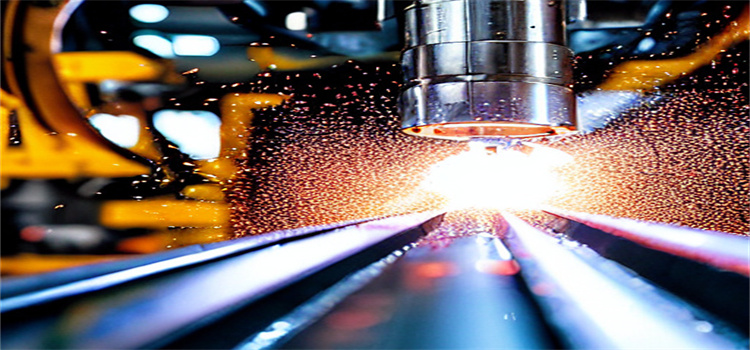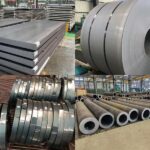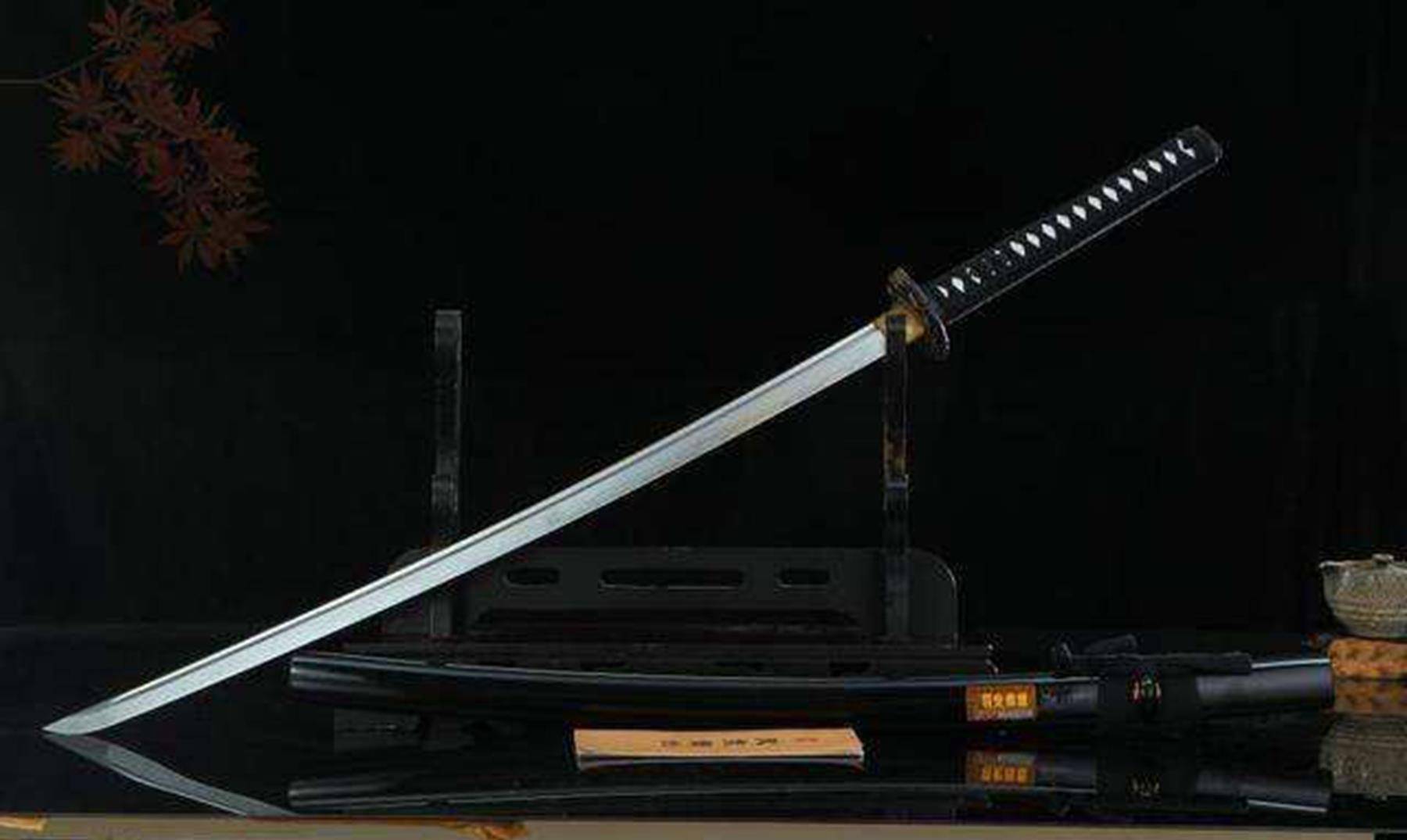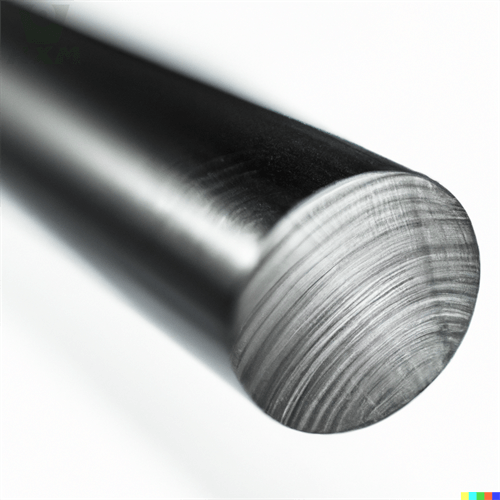When it comes to selecting the perfect steel for your project, the choices can be overwhelming. From the mighty alloy steel to the precision-crafted tool steel, each material offers a unique set of strengths and properties. But alloy steel vs tool steel: what’s the difference? In this article, we’ll delve into the fascinating world of alloy steel and tool steel, comparing their differences and exploring which one might be the perfect fit for your next project.
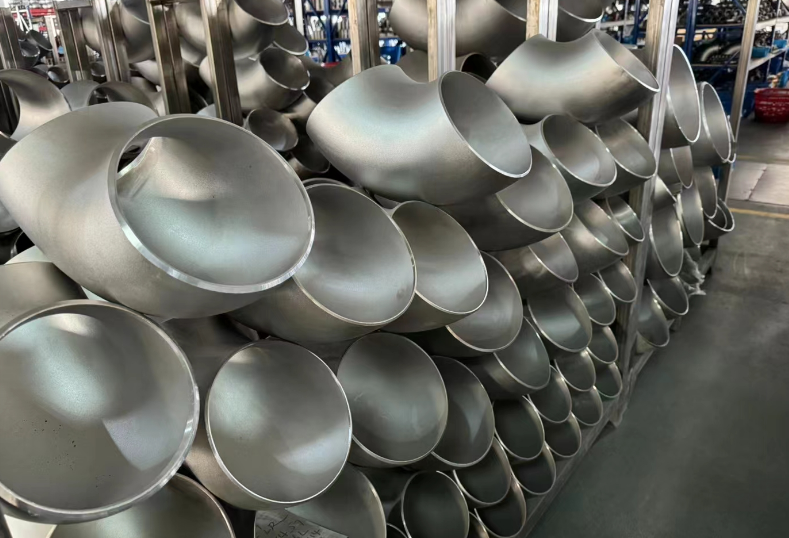
Alloy Steel vs Tool Steel: What’s the Difference?
Alloy Steel
Alloy steel is a broad term that encompasses a range of steels whose principal feature is the addition of alloying elements beyond the basic iron and carbon composition. These alloying elements—which can include manganese, silicon, nickel, chromium, molybdenum, vanadium, and others—are intentionally added to enhance the steel’s mechanical properties, such as strength, hardness, corrosion resistance, and heat resistance. The specific type and amount of alloying elements determine the steel’s final properties and suitable applications.
For instance, stainless steel, a type of alloy steel, owes its corrosion resistance to high chromium content. Similarly, nickel-based alloys excel in extreme low-temperature environments due to their excellent ductility and toughness at cryogenic temperatures. Alloy steels are commonly found in construction, transportation, oil and gas, power generation, and numerous other sectors where durability and performance under demanding conditions are essential.
Tool Steel
Tool steel, on the other hand, refers to a particular group of steels specifically designed for the manufacture of tools. These tools can range from cutting and forming tools, such as drills, milling cutters, and punches, to dies for extrusion and stamping operations. Tool steels are characterized by their exceptional hardness, wear resistance, and the ability to hold a sharp cutting edge even at high temperatures. This is achieved through a careful balance of alloying elements and heat treatment processes that optimize the steel’s microstructure for these demanding applications.
Unlike alloy steel, where the focus may be on a broader range of mechanical properties, tool steel is laser-focused on performance in tooling applications. This often means a higher carbon content, which contributes to increased hardness and wear resistance, along with specific alloying elements like tungsten, molybdenum, cobalt, and vanadium to further enhance these properties. Tool steels require careful heat treatment, including quenching and tempering, to achieve their desired hardness and toughness.
Alloy Steel vs Tool Steel – Comparison
When comparing alloy steel and tool steel, it’s important to note that while there is some overlap in their compositions and properties, their primary differences lie in their intended uses. Alloy steel is a more general term, encompassing a wide variety of steels designed for specific needs across multiple industries. Tool steel, however, is a more specialized subset, optimized for the rigors of tooling applications where extreme hardness, wear resistance, and heat stability are paramount.
In terms of cost, tool steels tend to be priced higher due to their specialized alloys and the tight control over processing and heat treatment required to achieve their desired properties. Alloy steels, while still robust and high-performing, often have more flexibility in terms of cost and availability since they serve a broader market.
Ultimately, the choice between alloy steel and tool steel comes down to the specific requirements of the application. Understanding the unique characteristics and capabilities of each type of steel ensures that the right material is selected for the job, whether it’s a complex machining operation or a demanding structural application.
Conclusion
Thank you for reading our article and we hope it can help you to have a better understanding of the differences between alloy steel vs tool steel. If you are looking for alloy steel and tool steel suppliers online now, please don’t hesitate to contact Huaxia Steel.
As a leading supplier of alloy steel and tool steel products from Shanghai, China, Huaxia Steel provides customers with high-quality tool steel, carbon steel, alloy steel, carbon steel tubes, and carbon steel pipes at a very competitive price.

